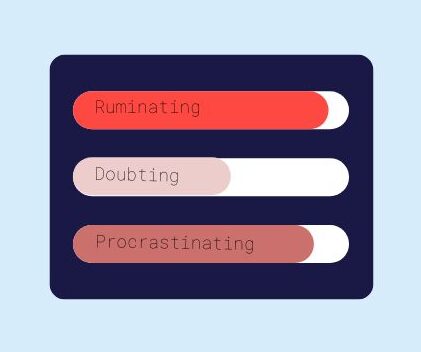What is it?
Dialectical Behavior Therapy (DBT) was developed by Marsha Linehan, Ph.D., as a treatment for individuals with borderline personality disorder or emotional dysregulation problems. DBT is an empirically-based, highly practical, and structured therapy that emphasizes both acceptance and change-oriented skills (dialectic). The word “dialectical” means a synthesis or integration of opposites; for example, as therapists we understand that our clients are doing the best they can and, at the same time, they need to change specific behaviors in order to achieve their life goals. Therefore, we help our clients to move away from rigid and unworkable behaviors to more effective ones.
What does DBT target?
DBT has demonstrated to be effective by addressing complex problematic and impulsive behaviors (e.g. suicidal behaviors and self-injury behaviors), therapy-interfering issues (behaviors that interfere with therapy), quality of life interfering issues, and other specific targets/goals.
What would you learn?
You will be taught four specific skills: mindfulness, distress, tolerance, interpersonal effectiveness and emotion regulation.
In addition, you will learn chain analyses, which is “a detail description of a problematic behaviors” which is completed every session with the therapist in order to analyze problematic behaviors that you’re struggling with and figure out which specific DBT skills you could use to manage that particular challenging situation.
You will also be asked to complete a dairy card to monitor the application of DBT skills into your daily life; the dairy card is reviewed at the beginning of each individual therapy session.
DBT Skills are taught on a weekly basis in a 1.5 hour group session in a class format. DBT skill groups are not traditional “process” groups where people share feelings, thoughts, opinions and simply discuss about them. Rather, the DBT Skills group is much more like a class on “emotional intelligence.”
DBT SKILLS
Mindfulness
The main purpose of this module is to teach clients to be present and pay attention in the moment.
Emotion Regulation
In this module clients with learn how to skillfully deal with mild to intense emotions in a more effective way by noticing them, learning to tolerating them, and finally deciding how to effectively respond to them.
Distress Tolerance
In t his module clients are taught specific stress management skills in order “to survive a crisis without making it worse.”
Interpersonal effectiveness
This module focuses in teaching clients how to deal with others in a more effective way without damaging the relationship, handling interpersonal conflict or assessing whether a relationship is toxic or not.

